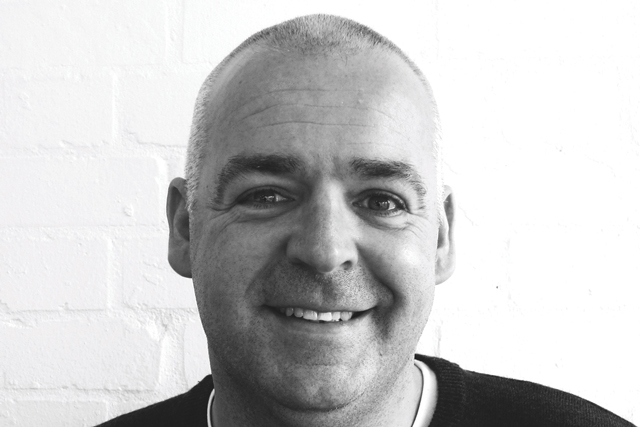Something big happened this summer, something that not only impacted our sense of what it means to be British, but also on our psyches as shoppers.
It was, of course the Olympics, aided in no small part by the Jubilee. And while lots has been written and voiced about the legacy of a seminal summer, not much has been said about what could soon end up as a wasted opportunity for brands and retailers.
It’s a moot discussion now quite simply because many are currently planning for the year ahead and have not, as yet, had an opportunity to digest post-Olympic insights and translate them into relevant initiatives.
The same applies to retailers as well as broadcasters. While the advent of big data might now allow real-time decisions in all sorts of areas, the way that brands plan their activity for the year ahead has changed little over the years and explains the disconnect between their plans and shopper sentiment.
Then there’s also the issue of attitudes. Brand management often takes a short-term outlook based on annual rather than five-year plans, compounded by relatively short tenures of around 18 months in the role. This is an age-old issue, but the Olympic context has reawakened the debate.
Some brand managers may also have seen the Olympics as a blip and now be heaving a sigh of relief at ‘getting back to normal’.
Yet if the Games have shown us anything, it’s that it has effected a real step change in shopper attitudes.
The first is a heartfelt acknowledgement of true talent. Fed for years on a diet of reality TV and one-dimensional celebrities who wear their lack of any real achievement as a badge of pride, it was no wonder that the British public devoured the new heroes that the Olympics and the Paralympics brought into living rooms up and down the country.
Here at last were people under the spotlight who truly deserved our admiration, time and respect.
It signalled a shift in the definition of celebrity that we hope will be long-lasting. It is also mirrored by a decline in the popularity of some reality TV programmes: The X Factor was down from 12.03 million viewers to 9.82 million year on year and the latest series of Towie is down by over 300,000.
That’s not to say celebrity culture is dead, simply that we believe the type of celebrities that brands will align themselves to will change. Interestingly though, hoping perhaps that as one of the few retailers not to use them, it will generate cut-through. Perhaps it will be the first of many.
Our surprise at the proliferation of true talent - and our heartfelt celebration of it - instilled a national pride that is as far from jingoism as it is possible to be, and recalibrated our sense of what it means to be British.
The Olympics opening ceremony gave us the confidence to revel in our nation’s eccentricity. Where the Victorians might have made the stiff upper lip their own, today we can truly own this confident sense of what it means to be British. No apologies, simply a pride in what sets us apart.
However it is not enough to hope that this new mood, kick-started by the Olympics will prosper unaided. After all, it would be easy to fall back on what we know and to wallow in the lethargy of shallow celebrity culture spinning in on itself in a vortex of crassness.
So marketers and their agencies as well as the broader media world have a duty to help it along a little and to offer consumers what they want.
To me, it means that brands should be backing our country’s present and future heroes. Whether this means choosing brand ambassadors that reflect the new zeitgeist or building sponsorship and advocacy deals around personalities who truly deserve our admiration or simply investing in future talent, it’s an opportunity that brands should seize.
Sport is an obvious area so are the arts and environmental and local community initiatives. The really clever, forward-thinking brands will be the ones that not only read the mood of the nation but actually do something about it without appearing overly worthy.
The British shopper has had a taste of something new and exciting. Now it’s down to the marketing community to develop and grow an opportunity that enables us to build credible connections for brands and retailers that support the growth of hard-earned, credible, talent.
Whether or not these attitudes are temporary or more long-lasting is in no small part in the hands of brands and their willingness to respond with ideas that can build on the foundations put in place by the Olympics.


